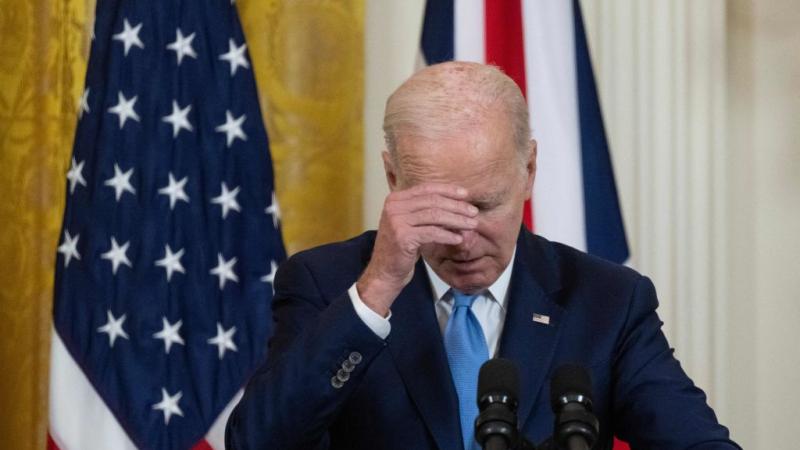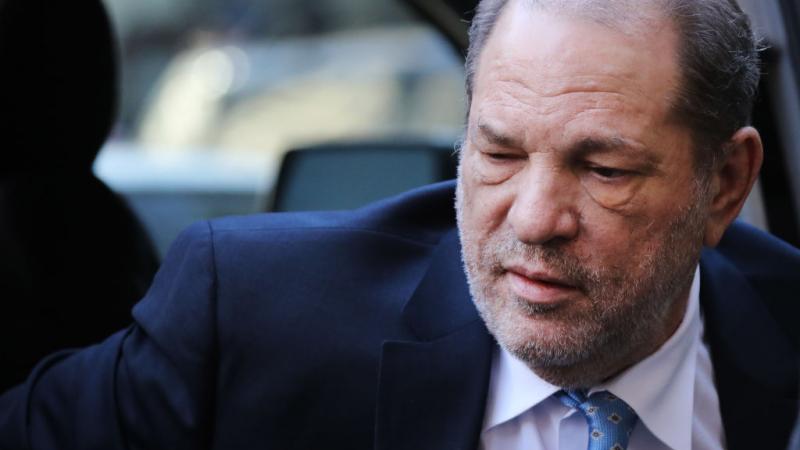Ben Carson Jr. joining board of $250 million FVLCRUM fund to invest in minority-owned businesses
'If you look at almost any culture that's been successful in this country, there has been a wealthy group within that culture that has then supported the rest of that culture to become successful and enjoy prosperity over time,' says Ben Carson, Jr.
In the midst of racial unrest gripping the nation with debates over access to opportunity and funding, the Minority Wealth Commission has tapped Ben Carson, Jr. as a board member to launch a $250 million, private-sector investment fund aimed at boosting minority-owned businesses.
Managers of the fund, called FVLCRUM Fund, say they have snagged initial capital commitments of $50 million and will raise a total of $250 million to invest through a combination of equity and debt capital with the aim of investing in anchor institutions to provide economic opportunity in minority communities they say have been underserved. The fund aims to hold investments for about nine years and to create $10 million of net worth on the personal balance sheets of the executive teams.
"Our goal is to create generational wealth in minority communities by investing in middle-market, minority-owned businesses," Carson told Just the News in an interview. "The goal of these investments is to create the next 10-20 large minority owned businesses that will drive economic opportunity for minorities and increase economic mobility."
Carson said FVLCRUM will invest in minority-owned businesses initially with $10 to $15 million checks "to drive the value I think that can be created if minority businesses were able to actually have access to equity capital, to intellectual capital, and to advisory resources. The FVLCRUM Fund will serve as the catalyst for economic growth and we hope to create meaningful and sustainable wealth for minorities and minority communities."
FVLCRUM managers and advisers hail from a list of marquee financial institutions and top educational institutions, including Goldman Sachs and Stanford University. Carson, a former financial advisor at Prudential Financial, is co-founder and partner at a middle-market, private equity firm, Interprise Partners. He began his business career long before his famous father entered the political fray with a 2016 presidential run.
Carson has always maintained a robust firewall between its privately-held enterprises and the public service work of his father, a renowned neurosurgeon currently serving as the U.S. Secretary of Housing and Urban Development.
Carson said he thinks much of the ongoing racial unrest in America is driven by lack of context among all sides.
"I don't think anyone should ever be colorblind," he said. "Color exists, it just shouldn't drive all of your decision-making and be a pre-determinant for you prospects in life. It also shouldn't create advantages or disadvantages. So I do believe that we need to be cognizant of color, but I don't think that it's something that needs to really drive our lifestyle or necessarily determine our destiny, just by being a certain race."
However, Carson said a problem of "predestination" for black Americans in particular has trapped them into a cycle of poverty, leaving many heavily dependent on government social safety net programs rather than helping them build their own personal, generational wealth.
"One of the issues with black culture, generally speaking, in the black ecosystem, is that there's not a cohesive group of wealthy black individuals who intentionally and deliberately create opportunity for that community base," Carson said. "If you look at almost any culture that's been successful in this country, there has been a wealthy group within that culture that has then supported the rest of that culture to become successful and enjoy prosperity over time."
FVLCRUM is a key component of the Minority Wealth Commission, founded in May with three key objectives: (1) to raise a series of private equity funds targeted to minority businesses, (2) to eliminate the startup capital gap for entrepreneurs of color, and (3) to diversify the Asset Under Management (AUM) industry.
"Large corporations, venture capitalists, and private equity firms are trying to figure out the right formula for investing in the minority economy," Henry Childs, executive director of the Minority Wealth Commission and former National Director of the U.S Department of Commerce's Minority Business Development Agency, told Just the News. "Unfortunately, these firms do not have the institutional knowledge, the track record of success, or the trust from minority communities to create sustainable economic growth in urban America. I believe that the FVLCRUM Fund has the secret sauce to minority investing."
















